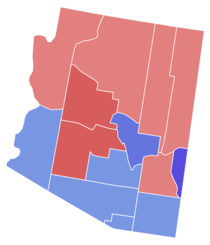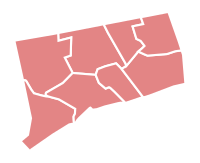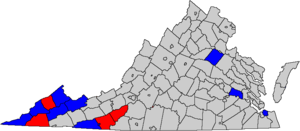United States Senate election in Maryland, 1970
|
|
|||||||||||||||||||||||||||||||||||||||||||||||||||||||||||
|---|---|---|---|---|---|---|---|---|---|---|---|---|---|---|---|---|---|---|---|---|---|---|---|---|---|---|---|---|---|---|---|---|---|---|---|---|---|---|---|---|---|---|---|---|---|---|---|---|---|---|---|---|---|---|---|---|---|---|---|
|
|||||||||||||||||||||||||||||||||||||||||||||||||||||||||||
|
35 of the 100 seats in the United States Senate 51 seats needed for a majority |
|||||||||||||||||||||||||||||||||||||||||||||||||||||||||||
|
|||||||||||||||||||||||||||||||||||||||||||||||||||||||||||

Results with special elections
Republican gain Republican hold Democratic gain Democratic hold Conservative gain Independent Democratic gain |
|||||||||||||||||||||||||||||||||||||||||||||||||||||||||||
|
|||||||||||||||||||||||||||||||||||||||||||||||||||||||||||
|
|
|||||||||||||||||
|---|---|---|---|---|---|---|---|---|---|---|---|---|---|---|---|---|---|
|
|||||||||||||||||
|
|||||||||||||||||

Results map.
Counties won by Fannin Counties won by Grossman |
|||||||||||||||||
|
|||||||||||||||||
|
|
|||||||||||||||||||||
|---|---|---|---|---|---|---|---|---|---|---|---|---|---|---|---|---|---|---|---|---|---|
|
|||||||||||||||||||||
|
|||||||||||||||||||||

County results
|
|||||||||||||||||||||
|
|||||||||||||||||||||
|
|
|||||||||||||||||||||
|---|---|---|---|---|---|---|---|---|---|---|---|---|---|---|---|---|---|---|---|---|---|
|
|||||||||||||||||||||
|
|||||||||||||||||||||

U.S. Senate election results map. Gray denotes counties/districts won by Byrd. Blue denotes those won by Rawlings. Red denotes those won by Garland.
|
|||||||||||||||||||||
|
|||||||||||||||||||||
The United States Senate elections, 1970 was an election for the United States Senate, taking place in the middle of Richard Nixon's first term as President. The Democrats lost a net of three seats, while the Republicans and the Conservative Party of New York picked up one net seat each, and former Democrat Harry F. Byrd Jr. was re-elected as an independent. This was the most recent election in which a third party won a seat in the Senate until 2006.
Source: Election Statistics - Office of the Clerk
President Nixon said that rather than violent protests, the best way for the American public to get their opinion heard was by voting:
The most powerful four letter word is a clean word, it’s the most powerful four letter word in the history of men, it's called vote. V-O-T-E. My friends, I say that the answer to those that engage in disruption, to those that shout their filthy slogans, to those that try to shout down speakers, it's not to answer in kind, but go to the polls in election day, and in the quiet of that ballot box, stand up and be counted, the great silent majority of America.
...
Wikipedia









